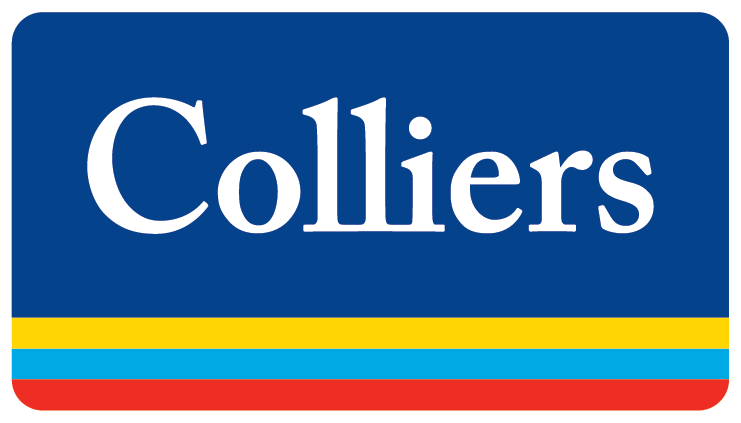The economic uncertainty is beginning to affect real estate investment in Europe, as shown by the data recorded for the second quarter of 2022 in the latest EMEA Capital Markets Snapshot report prepared by Colliers.
The decline in growth forecasts, inflation, the tightening of monetary policy and the war in Ukraine have caused investors to start adopting a wait-and-see position in the main markets. In the United Kingdom, investment volumes fell to 10,000 million pounds (11,800 million euros) in the second quarter, compared to 17,000 million pounds in the first quarter, with a slowdown in all types of assets, despite that significant transactions continued in key markets. In Germany there was also a rapid decline with respect to the optimism of the first quarter, although in the first 6 months of the year the figure for real estate investment has reached 28,400 million euros, the second best half-year record of the decade.
Strong growth in Central and Eastern Europe, France, Italy and Spain
Other large real estate investment markets posted encouraging growth. France experienced a significant upturn driven by investment in retail, offices, industry and logistics, while Italy recorded activity of almost 3,000 million euros in the second quarter, with the industrial and logistics market standing out. Hotel assets, which have been one of the most demanded by investors in this period, are beginning to gain prominence in the Italian market. Spain also registered volumes much higher than the historical averages, with close to 10,000 million euros of investment in the first half and, like Italy, concentrating a significant volume of investment in the hotel market, with more than 1,500 million euros.
Central and Eastern Europe (CEE) also showed great resilience, especially Poland, which enjoyed an exceptional second quarter driven by investment from other CEE markets.
Luke Dawson, Managing Director of Capital Markets EMEA at Colliers, comments: "Concerns about the economic outlook and the rapidly rising cost of debt have seen demand soften, across most assets. However, the The end of most COVID-19 restrictions has fueled a leisure travel boom that is bringing interest back to the tourism and hospitality industry, especially in southern European markets.Although uncertainty is expected to linger in the In the second half of 2022, any broad-based slowdown is likely to be accompanied by large trades in certain sectors and submarkets as the market remains highly liquid."
Despite the decline in activity, the United Kingdom registers large operations
Amid a general slowdown in the UK market, major deals were closed in the second quarter in cities such as London, Birmingham and Glasgow, with investors focusing on mixed-use residential and commercial developments. Among them is the acquisition by GIC Real Estate of a majority stake in London's Paddington Central, worth 694 million pounds.
After months of little activity, the office sector in France registered some important operations, even outside the capital. The Rio building, in the central business district of Paris, was purchased by M&G Real Estate France from ARDIAN for €270 million, while Swiss Life REIM sold the La Marseillaise high-rise tower in Marseille to 2 SCPI for €250 million. euros.
Investors in the German CRE market have been more active during the second quarter, with the spread between bid and ask prices widening. Based on ongoing transactions, Colliers estimates price reductions of between 10 and 25 basis points for office assets in Germany's top seven urban investment markets, likely pushing yields above 3%.
Italy experiences a hotel revival
Signs of a revival in the hotel sector were clearest in Italy during the quarter, as tourism picks up. Two of the most notable occurred in Rome, with the change of ownership of the Hotel Majestic and the purchase by Four Seasons of an office building in the historic center of the capital for conversion.
The residential sector remained the main investment target in some smaller European markets. In Denmark, transaction volume amounted to €3.2 billion during the quarter, an increase of almost 30% from the same quarter a year earlier, with almost half attributed to residential rental properties. In Ireland, the residential sector accounted for 36% of total turnover, compared to just 22% for offices. The top three deals were private rental sector assets in Dublin.

